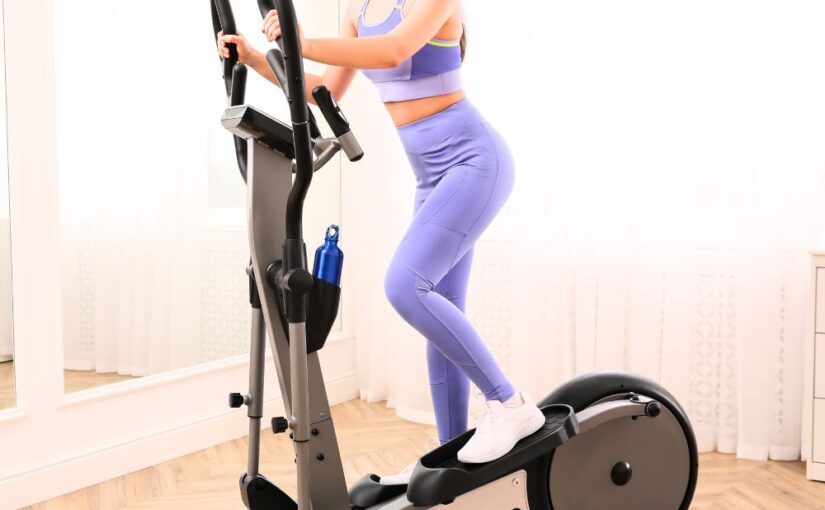The question of whether fasted cardio is superior to fed cardio for fat loss is one that you have undoubtedly encountered if you have ever attempted to reduce weight or improve your exercise regimen. Supporters of fasted cardio claim it burns more fat, while others argue that performance suffers and results are the same either way. So what does the research—and real-world experience—say?
In this article, we’ll break down the science behind fasted and fed cardio, explore the benefits and drawbacks of each, and help you decide which approach aligns best with your goals.
What Is Fasted Cardio?
The term “fasted cardio” describes cardiovascular activity that is done while fasting, usually in the morning before breakfast. The idea is that your body, low on readily available carbohydrates (glycogen), will burn more stored fat for fuel.
What Is Fed Cardio?
Put simply, fed cardio is performing cardio after consuming food, which is usually between 1–2 hours after a meal. This gives your body immediate access to energy from carbohydrates, which can support more intense or longer workouts.
Is Fasted Cardio Better for Fat Loss?
This is the core question: is fasted cardio better for fat loss, or is it just another fitness myth?
What the Science Says
- Some studies have shown that fasted cardio increases fat oxidation during exercise — meaning your body uses more fat for fuel in the moment.
- However, total fat loss over time appears to be similar whether you train fasted or fed — assuming calories and workout intensity are equal.
- The Journal of the International Society of Sports Nutrition published a 2014 study that concluded “body composition changes associated with aerobic exercise in conjunction with a hypocaloric diet are similar regardless of whether or not an individual is fasted prior to training.”
Key Takeaway:
Fasted cardio may burn more fat during the session, but overall fat loss depends more on total daily calorie expenditure and intake than when you eat.
Pros and Cons of Fasted vs. Fed Cardio
| Type | Pros | Cons |
|---|---|---|
| Fasted Cardio | – May increase fat oxidation – Feels “lighter” – Good for early risers | – May reduce performance – Risk of muscle loss if prolonged – Not ideal for high-intensity work |
| Fed Cardio | – Supports better performance – Lower risk of fatigue – Ideal for intense or long sessions | – May reduce fat oxidation during session – Feels heavier for some |
Which One Is Right for You?
Choose Fasted Cardio if:
- You enjoy morning workouts
- You’re doing low-to-moderate intensity cardio (e.g., walking, cycling)
- You prefer training on an empty stomach
Choose Fed Cardio if:
- You’re doing high-intensity workouts (e.g., HIIT, sprints)
- You need extra energy or train for performance
- You tend to feel weak or dizzy without food
For home gym users, both can work well—fasted cardio on a treadmill in the morning, or fed cardio as part of a post-workout finisher later in the day.
Conclusion
In the end, is fasted cardio better for fat loss as opposed to fed cardio? Not necessarily. While fasted cardio may burn slightly more fat during the session, what really matters is your overall calorie balance, training intensity, and consistency. Both methods can be effective tools when used appropriately. The best approach? Choose the one that fits your lifestyle, keeps you motivated, and helps you stay consistent.
Frequently Asked Questions (FAQ)
Fasted cardio may increase fat oxidation during the workout, but studies show total fat loss over time is similar to fed cardio when calorie intake and exercise intensity are equal.
It can, especially during prolonged or high-intensity sessions without proper nutrition. To minimize muscle breakdown, keep fasted cardio short and low to moderate in intensity.
For best results, limit fasted cardio to 20–45 minutes of low to moderate intensity (e.g., brisk walking, cycling). Longer sessions may increase fatigue and muscle loss risk.
People with blood sugar issues, those prone to dizziness, or anyone doing high-intensity or long-duration workouts should stick to fed cardio for safety and performance.
Yes. Black coffee won’t break a fast and may boost fat burning and alertness. BCAAs are technically not fasting-compliant but may help preserve muscle during fasted sessions.

